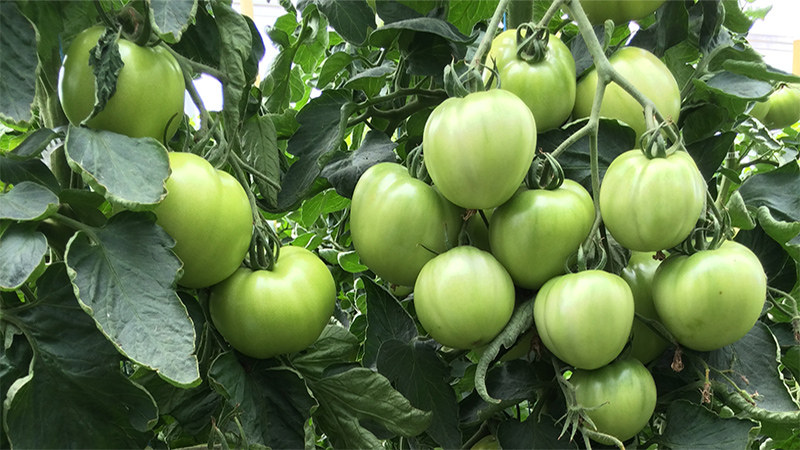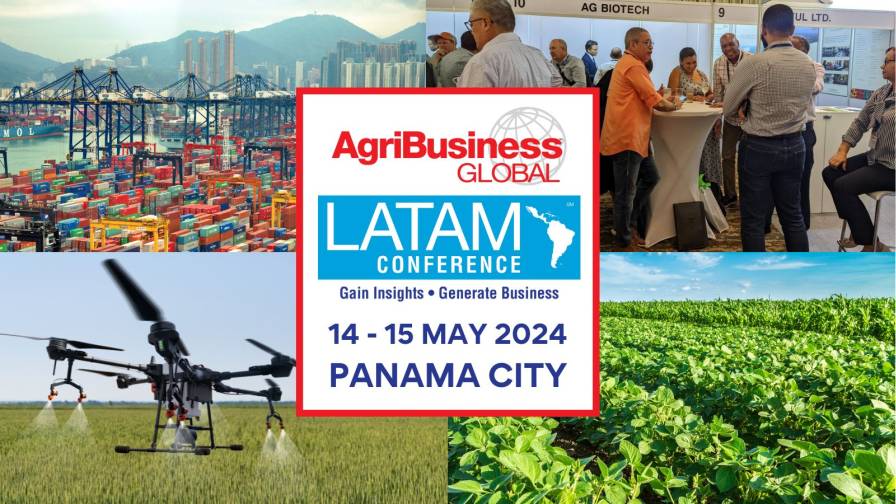Algeria’s Reforms to Lift Agchem Market
The desire by North Africa’s hydrocarbon-rich Algeria to increase the contribution of its agriculture to the country’s economy and to accelerate reforms in the sector could be the main drivers of the region’s agrochemicals market in coming years.
Analysts have lauded the launch of the Agricultural and Rural Renewal Policy (PRAR) by the Ministry of Agriculture and Rural Development and the opening up of more investment opportunities in the sector, which contributes slightly less than 10% to the GDP, to private investors, as the main driver of growth of the country’s food production and agrochemical industry going forward.
“Algeria has made great strides since the 2008 launch of its Agricultural and Rural Renewal Policy, and both public and private actors are spreading the use of modern techniques, machinery and quality inputs,” says the 2014 country analysis by Oxford Business Group.
“The remaining challenge will be to strengthen the links between producers and the local processing industry to maximize the output that enters the formal value chain.”
Algeria, with an estimated population of 39 million people, relies on a mere 3% of its land for agriculture confining the country to the food import-reliant bracket.
But for the first time in decades, Algeria has introduced leasing of public land to both local and foreign investors, who are expected to trigger a huge increase in the import and utilization of fertilizers, pesticides, certified seed and machinery for cultivation and irrigation.
The new public land policy comes barely four years after Algerian authorities received commercial land lease applications from companies and individuals from France, Italy, Spain, Canada, Saudi Arabia and United Arab Emirates, although details were vague. The decision to lease land replaces the 2010 farming investment policy, which outlined stringent regulations for foreigners who wanted to invest in Algeria.
Algeria has also set aside 16 pilot farms ranging in size from 100 to 500 hectares for leasing to foreign and local companies and individuals, which is projected to substantially raise the level of the country’s farm inputs market.
In addition, the government has allocated $13.2 billion to support agriculture and rural development with the objective of increasing land under irrigation from the current 1.2 million hectares to 2 million hectares by 2019.
Currently, Algeria produces wheat, barely, pulses, fresh vegetables, dates, table and wine grapes, olives and citrus and could soon diversify into more cereal production. These crops have attracted pests such as fruit fly (Tephritidae), olive fly (Bactrocera oleae), carob moth/mite, aphids (Aphididae), Lepidoptera, thrips (Thysanoptera) and codling moth (Cydia pomonella), which continue to pose a threat to farmers.
Already, several companies are involved in the distribution of agrochemicals in Algeria, although no major manufacturing is reported. Manufacturers such as Sumitomo, Syngenta, FMC, DuPont, Vapco, Alphyt Spa, Calliope, Uniroyal Chemical and Ingenieria Industrial SA have established their presence in Algeria through local distributors. Although the role the manufacturers and their distributing agents play is not fully clear, particularly in educating farmers on the safe and efficient use of the agrochemicals, response from users is likely to be positive because of the new agriculture sector reforms.
These companies make up the bulk of the Algeria market, which represents an estimated 3% of Africa’s $1.25 billion market, according to South Africa’s agrochemical solutions provider Nulandis. Other countries with a sizeable agrochemical market share in the continent include South Africa with 33%, Ghana and Morocco with 10%, Kenya, Egypt and Cote d’Ivoire with 8% and Nigeria with 5%.
Agrochemical market practices in Algeria are still considered less restrictive, with Swiss company Atlas Agro AG previously describing it as “not very intense-level.”
“This is a great opportunity for introducing modern and safe products and technologies,” Atlas Agro says.
Since Algeria’s agrochemical industry relies heavily on imports, all that distributors and agents wanting to enter the market have to do is to ensure they (distributors) are to import pesticides, under the current regulations.
Dealers are also required to import pesticides from manufacturers or companies that have been accredited in their country of origin, although any products confirmed to have been banned in their country of origin are also banned in Algeria.
“The approved pesticides for agricultural use must be imported accompanied by the certificate of analysis corresponding to each batch showing that the product meets requirements that prevails in Algeria, issued by a laboratory approved by the authorities in the country of origin,” the Ministry says.
Because of Algeria’s high level of hydrocarbon production, several firms are involved in the production of fertilizers, which coupled with the 20% government subsidy on the cost of the product, makes the farm input affordable to many farmers.
Some of the fertilizer makers dominating the Algerian market include Fertial and Sorfert with the government announcing three years ago it would invest in excess of $115 billion to build three additional fertilizer production units by 2020 in the coastal town of Arzew.
Algeria has also created the Interprofessional Cereals Committee to help structure the farm inputs market and ensure best practices, according to Oxford Business Group.
“The presence of private industrial firms such as Groupe SIM and Groupe Benamor has had a significant impact on the market by fronting the cost for quality inputs, spreading the use of certified seeds, and providing access to modern machinery, equipment and training.”
With the ongoing agriculture sector reforms in Algeria, there is no doubt the country’s agrochemicals market could cause ripples in the Middle East and North Africa.





